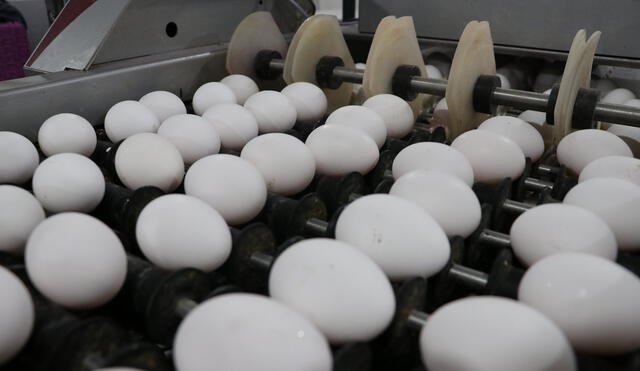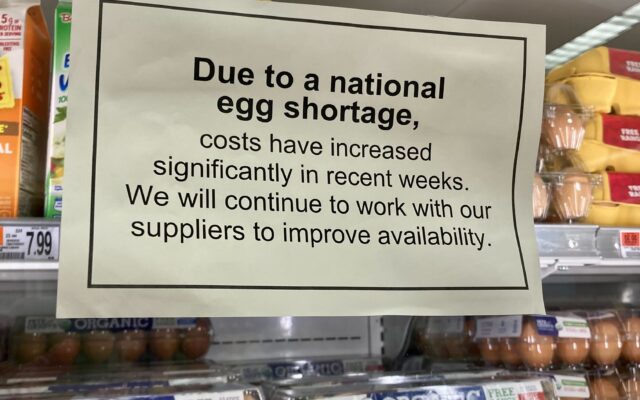Why Türkiye will send 15.000 tons of eggs to the US in July? Key factors driving the increase
Turkey has signed a preliminary deal to send 15,000 tonnes of eggs to the U.S. by July, responding to the egg shortage caused by rising prices and avian flu, marking a key moment in global agricultural trade.

In a surprising shift in international trade dynamics, Turkey has made an agreement to export 15.000 tonnes of eggs to the United States by July 2025. This significant move comes in the wake of supply chain disruptions and soaring egg prices in the U.S., creating an opportunity for Turkish producers to step in and meet growing demand. The preliminary agreement, which marks a pivotal moment in the agricultural trade between both nations, raises questions about the factors driving such a large-scale export and the potential impacts on both Turkish and U.S. markets.
Turkey, a country known for its robust egg production, is set to send thousands of tonnes to the U.S. to help alleviate an ongoing shortage. This agreement comes at a time when American consumers are struggling with inflated prices and a decrease in local egg production due to factors like avian flu. With the U.S. industry reeling, Turkey sees this as a strategic opportunity to both strengthen bilateral trade and expand its agricultural exports.

Why is Turkey sending thousands of tonnes of eggs to US buyers?. Photo: Euronews.com.

ALSO SEE: FDA issues granola bar recall amid Class II warning for 2.4 million cases and health risks
Key factors driving Turkey’s egg export to the US
Over the past year, the U.S. egg market has faced significant challenges. Rising prices, which have spiked by more than 60% since early 2024, are primarily due to the widespread impact of avian flu. The shortage has made eggs a luxury item for many American families, with prices reaching record highs. In this context, Turkey’s decision to fill the gap with a large-scale egg export deal offers immediate relief to U.S. consumers.
Turkey has long been one of the world’s top egg producers, known for its efficient farming practices and competitive prices. The country’s agricultural exports have grown significantly in recent years, with eggs becoming one of its key export commodities. The U.S. deal represents an important milestone for Turkish farmers, providing an outlet for surplus eggs that might otherwise remain unsold domestically.

Bird flu is driving egg prices higher. Photo: Piscataquis Observer.
The Impact on U.S. consumers and the local market
While Turkey’s egg export is expected to lower prices in the short term, there are concerns about the long-term effects on the U.S. egg industry. As Turkey steps in to supply the market, it raises questions about the ability of American egg producers to recover from the avian flu crisis and whether dependency on imports might increase over time.
The agreement between Turkey and the U.S. represents a significant shift in the global agricultural trade, providing a solution to a critical supply shortage in the U.S. egg market. As both countries navigate the complexities of this deal, the broader implications on the future of global food trade and agricultural practices remain to be seen.











